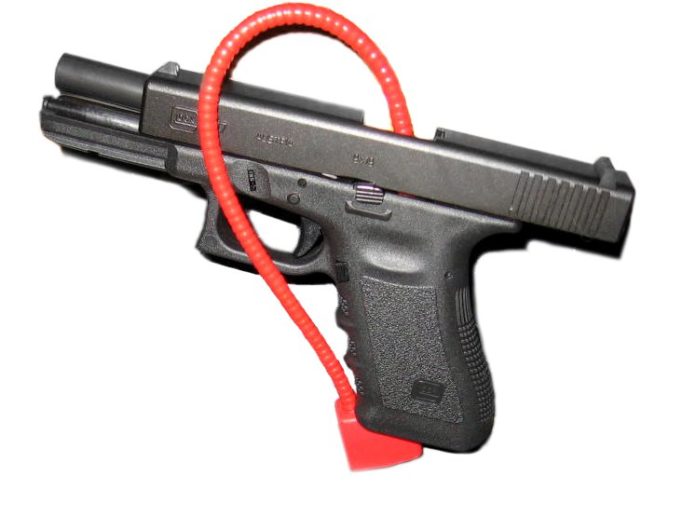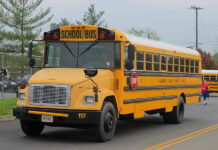An effort to give school districts explicit authority to offer gun-safety classes crafted by the National Rifle Association stalled Thursday in the Kansas House.
House leaders delayed the bill sponsored by Republican state Rep. John Whitmer of Wichita to examine a more global option for improving gun safety.
House Speaker Ron Ryckman of Olathe said some House members want to take a more expansive look at protecting children than what the bill proposed.
He said generally some House members want to look at mental health issues and school building security, among other things.
“Gun safety is part of it, but there’s also mental health and society as a whole and how we value life,” Ryckman said.
He said Kansas might learn some lessons from the Florida shooting that could be incorporated into future legislation.
Some lawmakers said the timing of the bill might not have been ideal, since it came so soon after the shooting that killed 17 people at a Florida high school.
They said the bill could have opened the door for a variety of amendments that could have led to a toxic political debate in the chamber.
“I think it’s more emotional right now, given what’s gone on in recent events,” said state Rep. Scott Schwab, an Olathe Republican.
Schwab said it would be better to take a broader look at gun safety.
“Clearly, safety and schools are the top priority right now,” he said. “So why just piecemeal it, and do something comprehensive.”
Whitmer said the delay would give lawmakers a chance to look at a more comprehensive plan that might include adding school resource officers.
The bill would have given local school boards the discretion to offer firearm-safety training, including an NRA program known as Eddie Eagle GunSafe for students enrolled in grades one through five.
Students enrolled in grades six through eight could take classes based on either the Eddie Eagle program or hunter-education programs offered by the state wildlife department. Grades night through 12 would be based on hunter education.
Whitmer stressed that no firearms are used in teaching the classes, which are not intended to be a mandate on local schools. Legislative staffers pointed out that schools already can offer gun-safety courses if they choose.
The goal of the classes was to teach children what to do when they come across a gun. The Eddie Eagle program, for instance, teaches children four basic steps to follow when they encounter a gun: stop, don’t touch, run away, and tell an adult.
Supporters of the bill said the gun-safety courses do not promote the use of firearms. They said the NRA does not make money from the program, which started in 1988 with the help of educators, law enforcement officials and NRA firearm safety experts, among others.
The bill was opposed by the Kansas Association of School Boards, which argued that the legislation oversteps the authority of the Legislature.
While the two programs specified in the bill are recognized as being successful, the school board association said the Legislature should not dictate how the curriculum is developed. That job, the association said, should be up to the local school district.
Lawyers for lawmakers said it’s up to the local school board to set curriculum with guidance from the state Board of Education. In this case, the state school board would offer guidance based on the legislation.
Whitmer said he was willing to amend the bill to include other “evidence-based” curriculums.
The bill was backed by the NRA, the Kansas State Rifle Association and the Kansas Department of Wildlife, Parks, and Tourism.
“This is smart legislation,” Whitmer said. “But if we can incorporate that into some additional funding for school resources and making sure they’ve got adequate training or making sure you’ve got certified law enforcement on campuses, you have to explore all the options.”
















